Lewis Hamilton is arguably at the lowest ebb of his 18-and-a-half seasons in Formula 1.
It's the summer break, and whilst the seven-time F1 champion is only 42 points behind Ferrari team-mate Charles Leclerc in this season's drivers' standings, he is touching a void far greater.
Even when you put aside the zero trips to the grand prix rostrum this year to Leclerc's five, he has been outqualified by the Monégasque driver 10 to four, and outraced 11 to two; it would be 12 but for their double disqualification in China.
Apart from some fleeting success in sprints - victory in Shanghai and third in Miami - he has been roundly and comprehensively beaten by the 27-year-old, and it was no more evident than over the Hungarian Grand Prix weekend, which brought the first 'half' of the season to a close.
Leclerc took pole position at a circuit he has made clear he holds no great affection for; Hamilton, a polesitter at the Hungaroring on nine previous occasions, was knocked out in Q2, consigned to a lowly P12 grid slot.
In the race, a mysterious issue curtailed Leclerc's strong early pace. He finished fourth, and his scrap with George Russell as he fought in vain to hold onto a podium place was not his finest moment behind the wheel of an F1 car.
But the bright patches of his weekend on the outskirts of Budapest sent a message. Loud and clear.
Hamilton, meanwhile, endured a quietly frustrating afternoon's work to take the chequered flag in the same position he started, at a circuit he has as many victories as Leclerc has in his entire career.
The 40-year-old has been beaten by team-mates before: by Jenson Button in 2011, a year that was arguably his previous career low point; by Nico Rosberg in 2016, although he had beaten the German to the title the past two seasons, and by Russell in 2022 and 2024.
Hamilton's last-lap overtake on Russell in his final race for Mercedes, however, meant he ended their three-year run as team-mates just ahead on aggregate points.
And whilst he has been beaten before, he has not been beaten like this; it has never been this consistent, this thorough.
The calls for Hamilton to step aside have been there for some time... Those voices are only becoming more persistent, greater in number, and louder, amplified by the failings of his Ferrari tenure.
Despondence and dejection
On the face of it, what is more worrying than results on track is Hamilton's demeanour off it.
His performance was out of sorts at the Hungaroring, but as the weekend wore on, he became despondent and dejected, humbled by the events.
He started the round conceding there will be "healthy tears" over the summer shutdown, whilst insisting his love for Ferrari and racing, and ended it having to clarify that he would still be in the SF-25 come the Dutch Grand Prix at the end of August.
However, no matter how you cut it, his remarks of harsh self-flagellation in Hungary are some of the most striking of his entire career.
After qualifying, he labelled himself "useless" and suggested Ferrari needs to "change driver". A day later, he said, "When you have a feeling, you have a feeling", after being asked to clarify his prior comments.
He went on to cryptically speak of "a lot going on in the background that's not great", but again underlined his "love" for racing and that he will be back post-break.
Hamilton is known to wear his heart on his sleeve and not shy away from expressing his emotions, even in a forum as public as the media pen, but his words over the weekend only highlight how desperate the situation at Ferrari has become.
He joined the Scuderia riding a wave of optimism - and expectation. F1's greatest team and its most decorated driver, partnering to end the Italian squad's painful championship drought and deliver Hamilton an elusive eighth drivers' title.
Now, that optimism is destroyed, and any remaining expectation lies in ruin, crushed by its weight.
The calls for Hamilton to step aside have been there for some time. That he is, and already was, past his best and on the decline, that he somehow lost whatever quality it is that makes a great driver great.
Those voices are only becoming more persistent, greater in number, and louder, amplified by the failings of his Ferrari tenure.
Previously in The Scoop
Unfinished business
However, for all the doubters calling for the Maranello team to move on from its fatally flawed roll of the dice, Hamilton retains key allies.
Team principal Fred Vasseur still backs the 105-time grand prix winner, and there is nothing to suggest he has any interest in doing anything but honouring at least the next year-and-a-half of the British driver's two-plus-one deal.
So, unless Hamilton walks away from the rest of his contract, he is staying put.
And this is where the testimony of his previous boss, Toto Wolff, comes in.
"Lewis has unfinished business in Formula 1, so in the same way that Mercedes underperformed over this latest set of regulations and never got happy with ground-effect cars, maybe it is linked to the driving style," the Mercedes team principal said after the Hungarian Grand Prix.
"He shouldn't go anywhere next year with the brand-new cars, which are completely different to drive, new power units which need an intelligent way of managing the energy, so it's absolutely on for Lewis."
Wolff is right, and his point is key to understanding that whilst Hamilton is undeniably down, he is most certainly not out.
But why?
Some chart his so-called demise back to the devastating crescendo of the 2021 season, having his record-breaking championship so suddenly and strangely yanked from his grasp, but in actuality, Hamilton's apparent decline is a result of something else entirely, something that merely coincides with that timeframe.
The advent of the contemporary era of ground effects in F1 has been nothing short of an unmitigated disaster for him. But reason for optimism is just around the corner.
When the championship ushers in new chassis regulations over the winter, to go with its changed power unit rules, it will see the return of more conventional flat floors on F1 cars.
This is particularly good news for Hamilton, as Wolff alluded to, who likes to brake late, something that has not been compatible with the smooth driving style that ground effects require.
Sudden, heavy braking into a corner disrupts the suction on the underside of a ground-effect floor, compromising stability and mid-corner performance as the seal beneath the car loses its effect.
The 2026 introduction of active aerodynamics is a step into the unknown for the entire F1 paddock, and it is difficult to predict which drivers will suffer as a consequence, but the lack of ground effects will undoubtedly be a blessing to Hamilton, and his form may well rebound accordingly.
Contributing factors
The 40-year-old will also likely become increasingly more comfortable with Ferrari's Brembo brakes and engine braking, two things he struggled to adapt to with the SF-25 early in the current season, after over a decade using Carbon Industrie models at Mercedes.
That, coupled with being further embedded and settled at Ferrari, which is something that needs to be a focal point for the Briton and Vasseur over the remaining 10 rounds of the year and through the off-season, will be key in determining how Hamilton fares next year.
Relationships between Hamilton and the team have appeared fractured at points, particularly the sometimes awkward interactions between him and race engineer Riccardo Adami.
Part of that tension has been attributed to Hamilton pushing the team in ways it may not be used to being pushed.
"Yes, he's demanding, but I think it's also why he is a seven-time world champion, that he is demanding with the team, with the car, with the engineers, with the mechanics, with myself also, but first of all, he is very demanding with himself," Vasseur explained over the weekend.
But, despite those factors and his self-criticism, Hamilton has highlighted the growing camaraderie at Maranello, and the gelling of the team should continue over the backend of the campaign, regardless of results.
With now considerably lowered expectations and a clear slate looming, as attention turns to the blank canvas of 2026, Hamilton and the team can focus on process, not output; on production, not productivity - and things internally will improve from there.
So, whilst significant work and significant uncertainty lie ahead for Hamilton, he may be down, but he is not out.
As Vasseur said after the race at the Hungaroring, "he's frustrated but not demotivated; it's a completely different story."
Also interesting:
Join RacingNews365's Ian Parkes, Sam Coop and Nick Golding, as they look back on last weekend's F1 Hungarian Grand Prix! McLaren's interesting control over its drivers is discussed, as is the current struggle being endured by Lewis Hamilton.
Rather watch the podcast? Click here!
Don't miss out on any of the Formula 1 action thanks to this handy 2026 F1 calendar that can be easily loaded into your smartphone or PC.
Download the calenderMost read
In this article
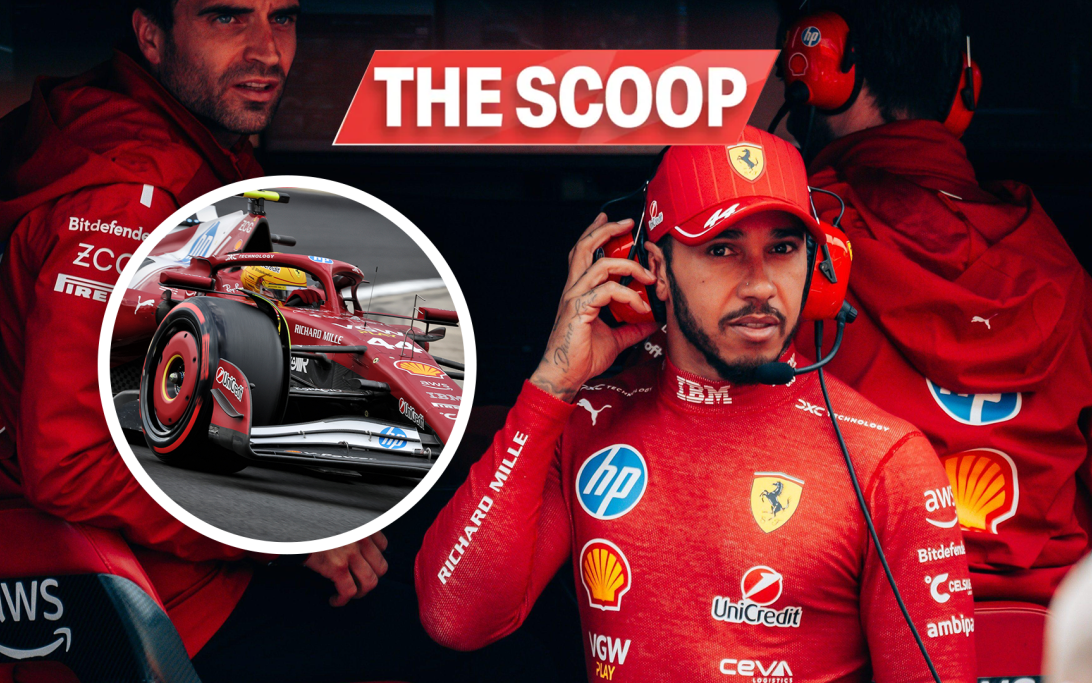
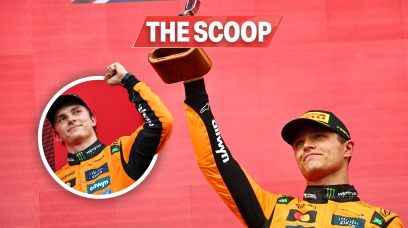
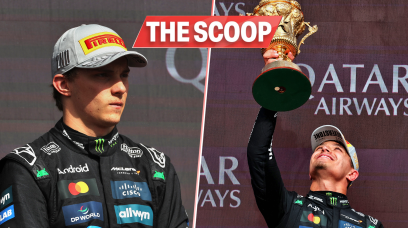
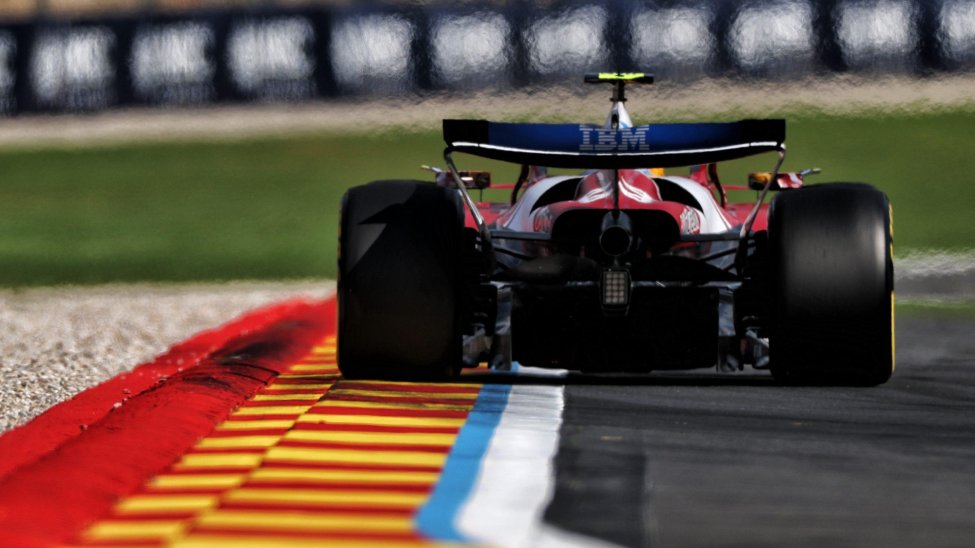
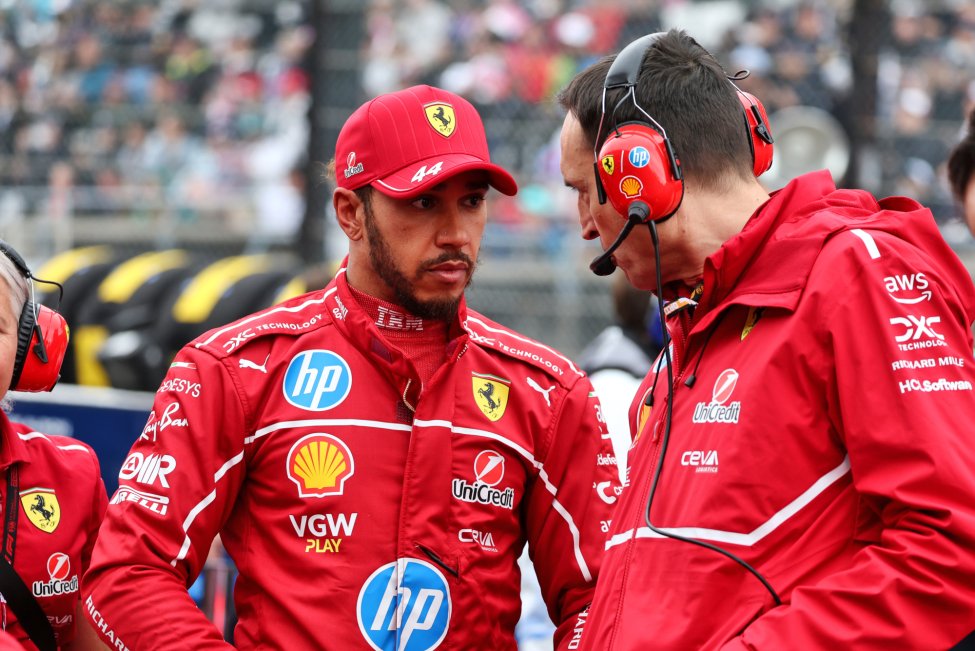


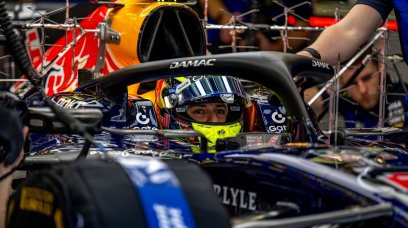
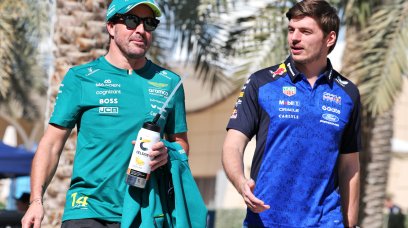

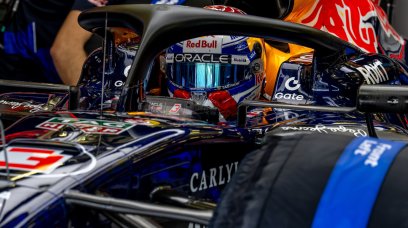
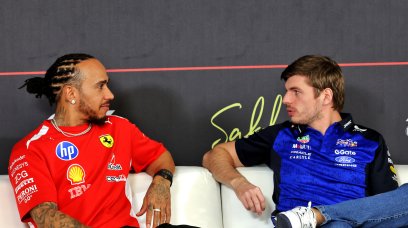
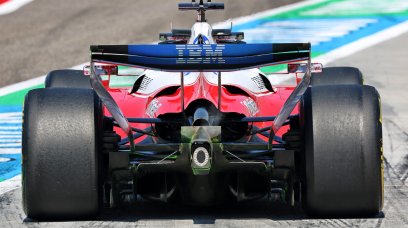
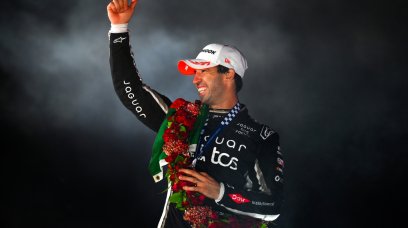
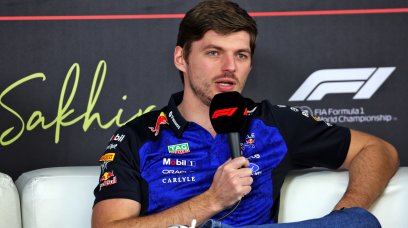
Join the conversation!